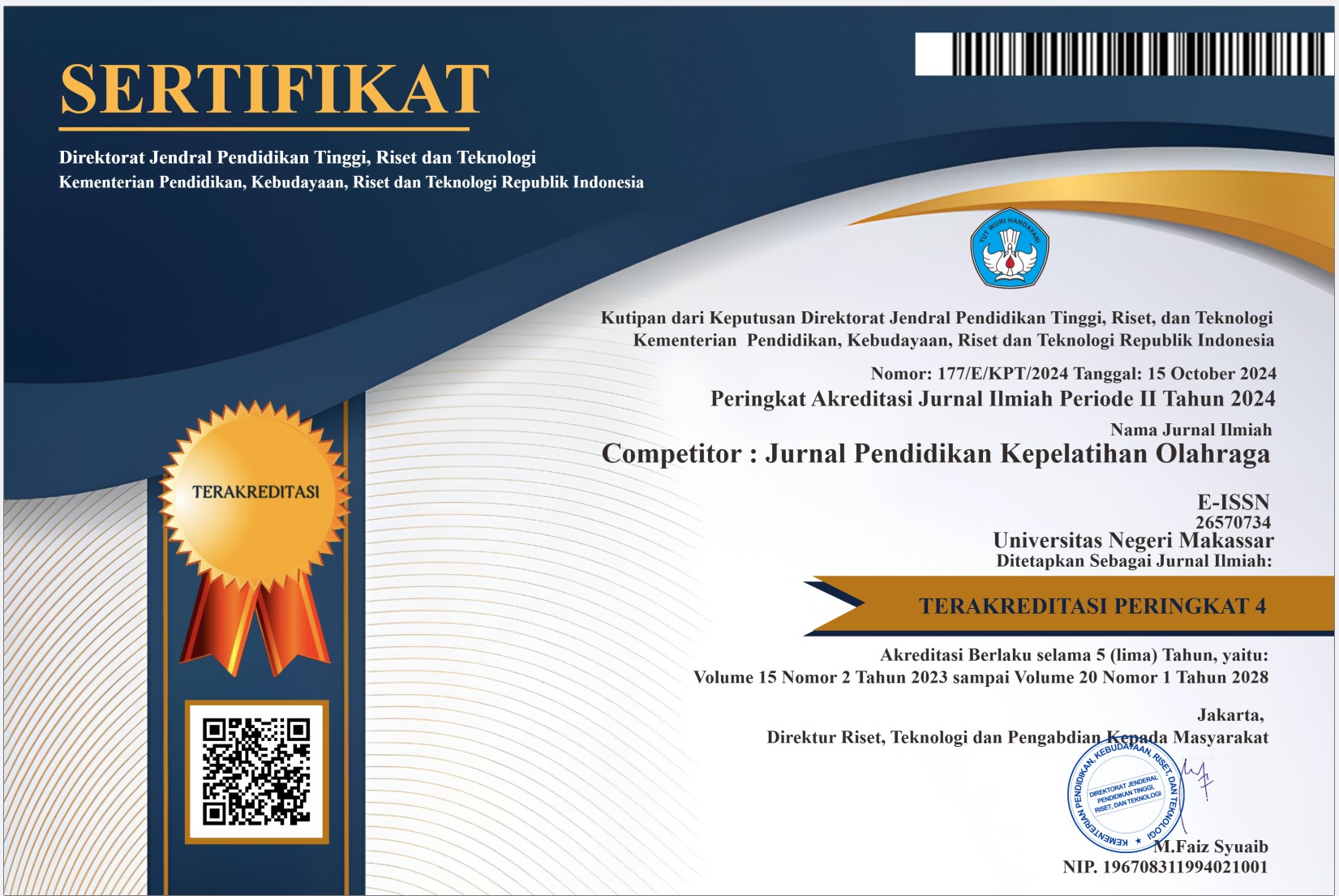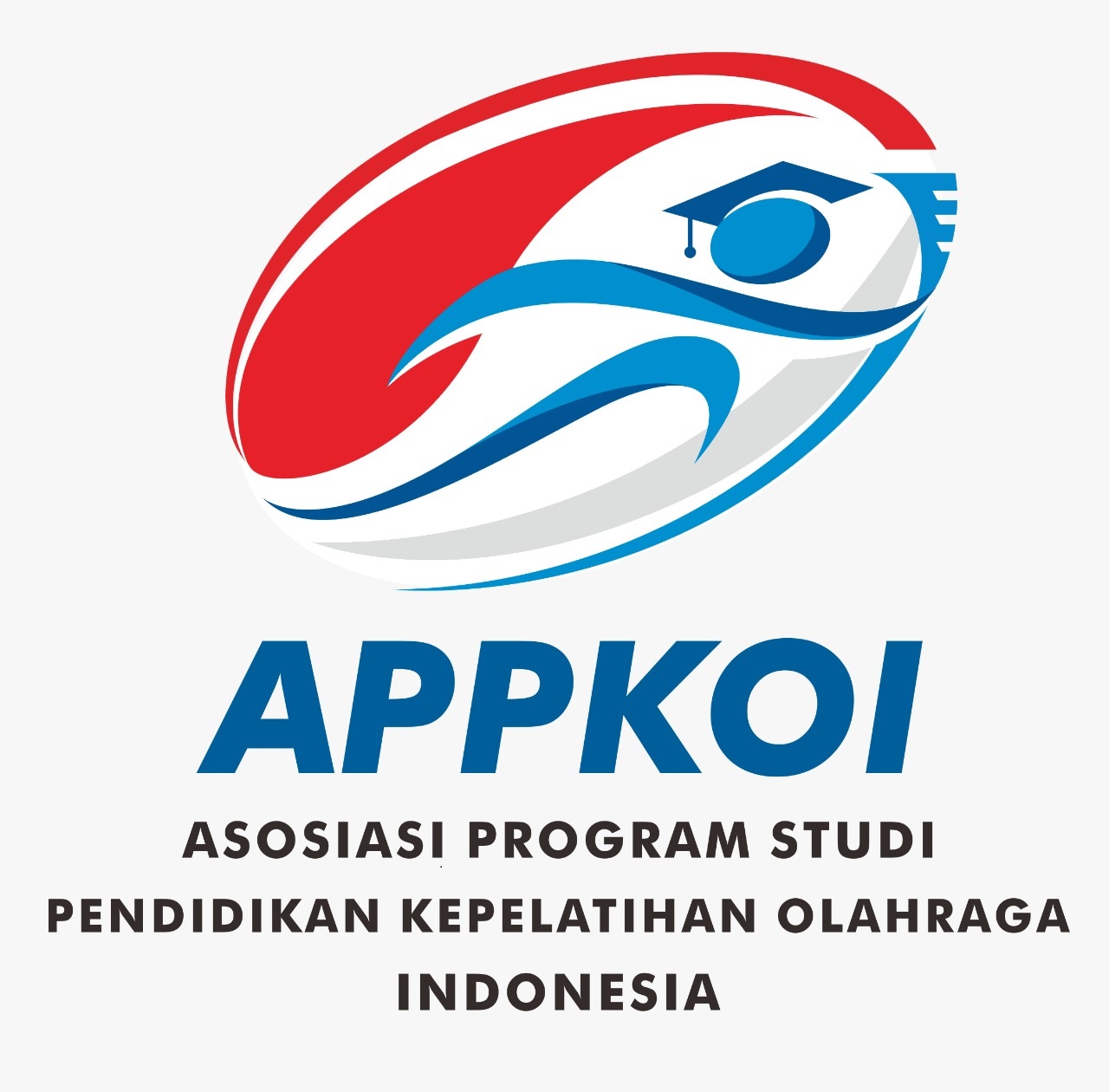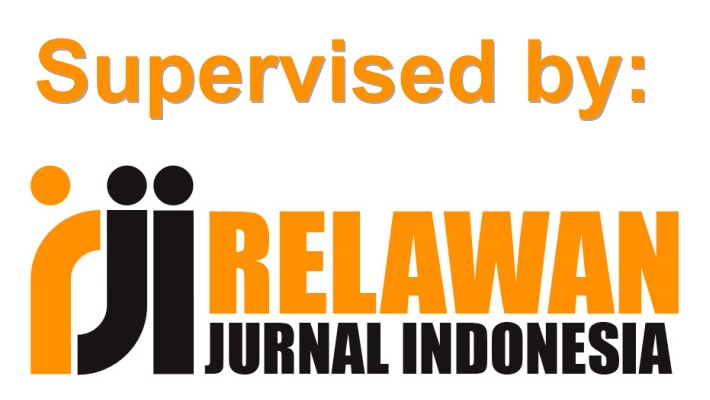Psychosocial Analysis of High-Achieving Soccer Athletes in Jambi Province, Indonesia
DOI:
https://doi.org/10.26858/cjpko.v17i2.262Keywords:
Psychosocial Development; Soccer Athletes; Supporting Factors; Inhibiting Factors; Athletic Performance.Abstract
This research explores the psychosocial characteristics and examines the supporting and inhibiting factors affecting high-achieving soccer athletes in Jambi Province, Indonesia. A qualitative case study approach was employed with six high-achieving soccer athletes who demonstrated excellence at provincial and district levels through the Governor's Cup and regional competitions. Data collection utilized in-depth interviews, direct observation, and documentation, followed by data reduction, presentation, and conclusion verification analysis. The findings reveal that psychosocial conditions among high-achieving soccer athletes in Jambi Province are shaped by the interplay between psychological and social dimensions. Psychologically, athletes demonstrate capabilities in emotional regulation, stress management, and trauma recovery, supported by intrinsic motivation and aspirations for professional careers. Socially, athletes exhibit strong adaptability, maintain positive team relationships, and actively participate in community activities. Supporting factors encompass internal motivation, family support, and tournament participation. Conversely, inhibiting factors include mental pressure, injury-related trauma, facility limitations, and insufficient governmental support alongside economic constraints. These findings emphasize the necessity for comprehensive psychosocial support systems in athlete development programs to optimise performance and mental well-being. This study includes 6 in-depth interviews, observational data, and documentation from various soccer tournaments and training sessions.
References
Andrade, A., D'Oliveira, A., Neiva, H. P., Gaertner, G., & da Cruz, W. M. (2024). Impact of the COVID-19 pandemic on the psychological aspects and mental health of elite soccer athletes: a systematic review. Frontiers in Psychology, 14, 1295652. https://doi.org/10.3389/fpsyg.2023.1295652
Dimyati. (2019). Psikologi Olahraga untuk Sepakbola. UNY Press.
Gledhill, A., Harwood, C., & Forsdyke, D. (2017). Psychosocial factors associated with talent development in football: a systematic review. Psychology of Sport and Exercise, 31, 93-112. https://doi.org/10.1016/j.psychsport.2017.04.002
Grønset, J., Langagergaard, M., & Sæther, S. A. (2024). Mental processes in professional football players. Frontiers in Psychology, 15, 1428892. https://doi.org/10.3389/fpsyg.2024.1428892
Komarudin. (2016). Psikologi olahraga latihan mental dalam olahraga kompetitif. Remaja Rosdakarya.
McGuigan, M., Dello Iacono, A., McRobert, A., Cowan, D., & Unnithan, V. B. (2024). Facilitators and barriers associated with youth player transition to professional first-team football: A key stakeholder perspective. Journal of Sports Sciences, 42(3), 215-228. https://doi.org/10.1177/17479541231184022
Moleong, L. J. (2019). Metode Penelitian Kualitatif. PT. Remaja Rosdakarya.
Musculus, L., & Lobinger, B. H. (2018). Psychological characteristics in talented soccer players – recommendations on how to improve coaches' assessment. Frontiers in Psychology, 9, 41. https://doi.org/10.3389/fpsyg.2018.00041
Nopiyanto, Y. E., & Dimyati, D. (2018). Karakteristik psikologis atlet Sea Games Indonesia ditinjau dari jenis cabang olahraga dan jenis kelamin. Jurnal Keolahragaan, 6(1), 69-76. https://doi.org/10.21831/jk.v6i1.15010
Sarmento, H., Anguera, M. T., Pereira, A., & Araújo, D. (2018). Talent identification and development in male football: A systematic review. Sports Medicine, 48(4), 907-931. https://doi.org/10.1007/s40279-017-0851-7
Sugiyono. (2021). Memahami Penelitian Kualitatif. Alfabeta.
Downloads
Published
Issue
Section
License
Copyright (c) 2025 Derfiar Munandar, Wawan Junresti Daya, Mohd. Adrizal (Author)

This work is licensed under a Creative Commons Attribution 4.0 International License.



















